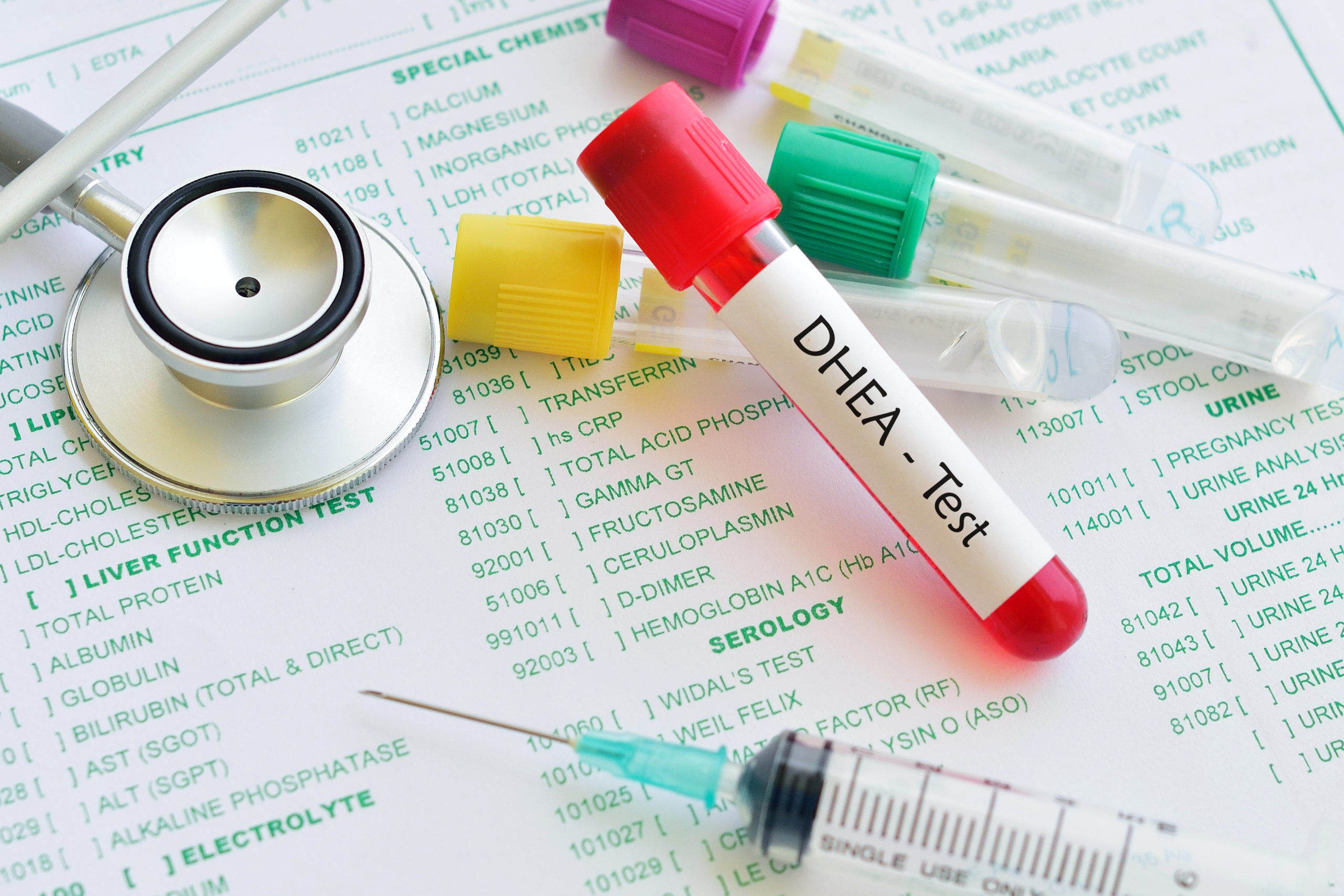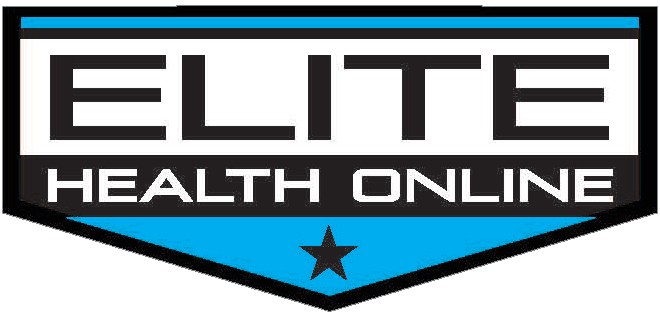
Before the craziness of parties, presents, pie and pinot starts, give your body and brain an extra BOOST!
What is DHEA
DHEA is the most abundant hormone in the bloodstream. It peaks around the age of 25, and after that we lose approximately 2% per year. The majority of testosterone in a woman comes from the peripheral conversion of DHEA. DHEA is an anti-stress hormone; it reverses the effect of stress on the immune system.
In Addition to DHEA, Pregnenolone
Pregnenolone is produced by the adrenal glands and it is the first hormone synthesized from cholesterol. If there is not an adequate supply of pregnenolone, the production of other hormones becomes deficient because pregnenolone is the precursor for other hormones. Pregnenolone functions in cellular repair, especially in the brain and nervous system, thus preserving brain function. It can help to improve memory, alleviate stress, improve intelligence, improve energy, and improve mood.
The Best Way To Boost!
Like anything else, of course there are ways to naturally boost your DHEA levels. Also, like anything else, it can take years of hard-core dieting to accomplish even a slight rise. Elite has made it easy and we are super excited to provide a top of the line product. Continue reading for more information, but before you do, you might want to follow this link NOW DHEA / Pregnenolone – Elite Health Online and order yours today!
What are the symptoms of low DHEA?
As levels of DHEA in the blood decline, people may experience:2
- Unexplained weight loss
- Nausea and vomiting
- Dizziness
- Dehydration
- Salt cravings
- Low sex drive
- Erectile dysfunction (males)
- Thinning of vaginal tissues (females)
How do I optimize my DHEA levels?
Stress is another important determinant in optimizing DHEAS levels. Exposure to new stressors in the workplace can decrease DHEAS levels in as little as 3 weeks in otherwise healthy women and long-term chronic stress has also been associated with lower levels of DHEAS [8]. While it is impossible to avoid stress altogether, identifying stress-management techniques and incorporating them into your daily life can help alleviate the effects of stress on DHEAS in your body.
10 Tips to Boost DHEA Levels
It is commonly believed that our body withers and deteriorates with age. As we get older most of us struggle to maintain muscle mass, skin elasticity, & bone mass. We develop conditions such as osteoporosis, osteoarthritis, varicose veins, etc. New research has shown that our DHEA levels are the critical player in how successfully we age and by boosting DHEA naturally we can turn back the clock on the aging process.
Healthy DHEA production is critical for lean muscle development, fat burning, bone growth, skin health, and immunity.
Statin Drugs Deplete DHEA Levels:
Cholesterol (statin) lowering medications reduce DHEA content and therefore accelerate the aging process. This is one of the reasons why cholesterol lowering medications have been linked to all-cause early mortality.
A DHEA deficiency significantly increases the risk of getting certain cancers (including breast, ovarian, prostate, and bladder), atherosclerosis, high blood pressure, Parkinson’s disease, diabetes, nervous system degeneration, and other age-related conditions.
Our DHEA production naturally peaks between 20-25 years of age and then steadily declines. Many in our society see a sharp decline due to overburdened adrenals that are unable to synthesize adequate DHEA. This adrenal insufficiency syndrome is becoming more and more common due to an overstressed and malnourished American lifestyle.
The HPA Axis and the Stress Response:
This area of the brain called hypothalamus senses the environmental conditions and then it sends signals in the form of chemicals to the pituitary gland.
The pituitary gland receives the signals from the hypothalamus (corticotropin releasing hormone – CRH) and sends its own chemical signals to the adrenal cortex through a hormone called adrenocorticotropic hormone (ACTH) in order to form the appropriate responses to the environmental stimuli.
Chronic Stress
When we are under chronic stress it creates an alteration in the HPA axis which reduces the body’s ability to adapt to new stressors. This process of stress and poor adaptation can lead to a vicious cycle of chronic inflammation, tissue breakdown and accelerated aging.
Stress Hormones Before Sex Hormones:
The adrenal glands help to regulate the body’s ability to adapt to stress and they also produce hormones that regulate reproduction. The caveat is that adapting to stress overrides reproduction. Adapting to stress is critical for immediate survival and that is first priority. Once our physiology understands that we are not under an environmental threat, than it will focus its energy on reproductive hormones.
Stress Hormones
The major stress hormones are cortisol, epinephrine and norepinephrine. These hormones help increase energy, increase blood sugar levels and speed up circulation and respiration to help the body survive through fight or flight.
Sex Hormones
The major sex hormones produced by the adrenals are estrogen, progesterone and testosterone. These are all critical for growth, metabolism, strength, endurance, mental drive, menstrual function and reproductive ability.
Pregnenolone can either create cortisol, progesterone or DHEA.
Elevated Insulin Blocks DHEA Production:
High sugar and carbohydrate consumption increases blood sugar and insulin levels. Elevated insulin causes a decreased production of DHEA in the adrenals. Blood sugar imbalances also create critical vitamin and mineral imbalances that stress the adrenals and reduce DHEA production.
High stress and poor sleeping habits also cause increased cortisol (stress hormone) levels. When these issues become chronic they cause a phenomenon called `pregnenolone steal.` Pregnenolone is a byproduct of cholesterol metabolism that is necessary to produce both cortisol and DHEA.
High stress causes this process to shift towards cortisol production. This shift essentially `steals` the necessary pregnenolone from the DHEA production pathway to produce more cortisol. This process depletes DHEA levels.
Correct the Adrenal Stressors First:
Many people rush out and look for DHEA boosting supplements, however, lifestyle factors that deplete DHEA levels should be addressed first. The most important factor includes reducing/eliminating adrenal stressors such as medications, stress, leaky gut syndrome, parasites and other infectious agents, chronic inflammation, physical nerve stress, nutrient deficiencies, poor sleep, & blood sugar imbalances.
Diet
An anti-inflammatory diet is a critical part to de-stressing the body and boosting DHEA levels. This diet should be very low in sugar and carbohydrates and very rich in phytonutrients and trace minerals from fresh, raw or lightly steamed vegetables. Powerful anti-inflammatory herbs such as turmeric, ginger, rosemary, thyme, oregano, & cinnamon should be generously consumed on a regular basis.
Diet is Key to Producing Optimal DHEA:
Healthy fat consumption is an essential part of creating cholesterol which is needed to produce DHEA. Healthy fat sources include coconut products, avocados, olive oil, nuts, seeds, & purified omega-3 fish oil supplements.
Vitamin D plays a very important role in healthy DHEA levels. I recommend getting regular sun exposure and/or supplementation to maintain vitamin D (25-OH) levels between 60-100 ng/ml.
Like I Said…
Before the Holidays take over, it’s important to maximize your health and minimize stressors, starting with DHEA. It’s just that simple!
Tip of the Day!
Grateful people are said to be the healthiest people. They have better moods, more energy and show compassion easier. They are also more resilient in a stressful situation. A great way to become more grateful is top keep a journal and write down 3 things you are grateful for that day. It really helps train your mind to think Positively! Cheers to being Thankful!!
